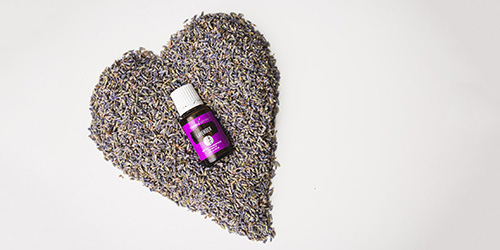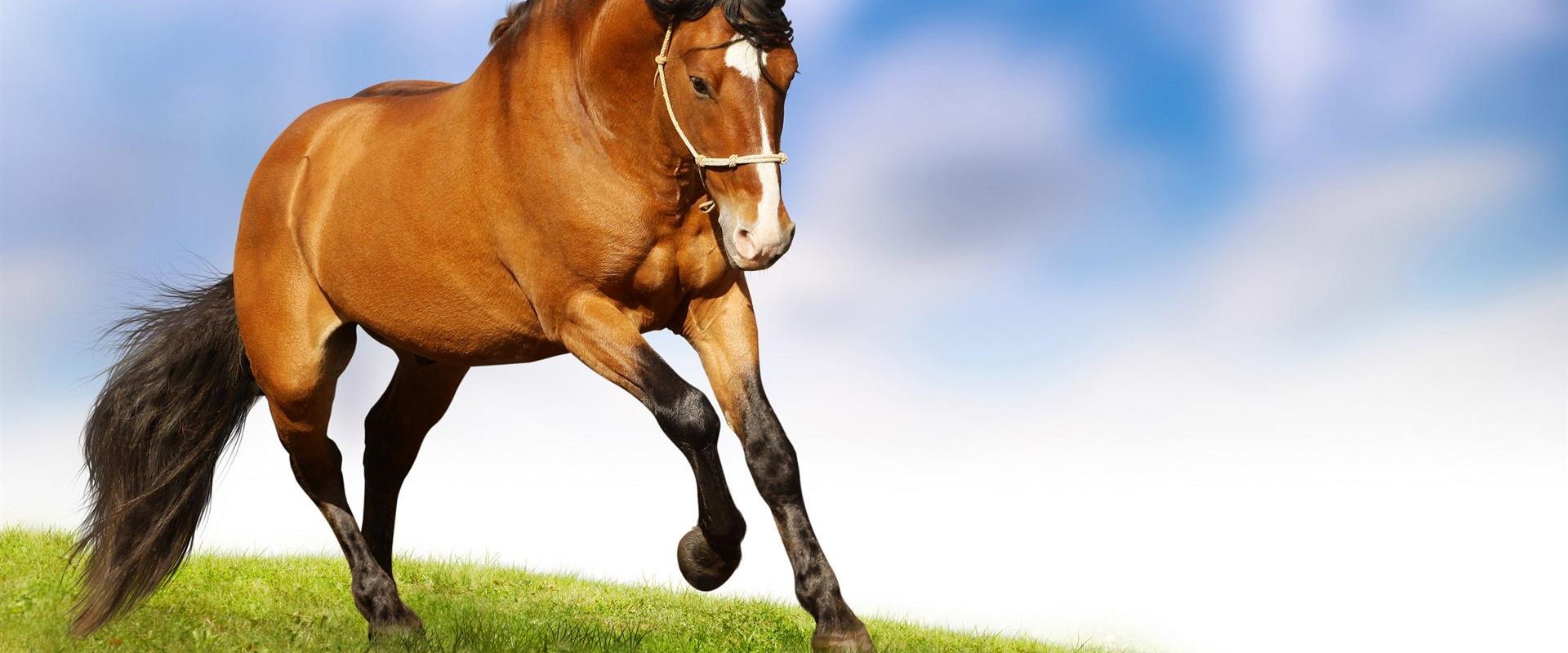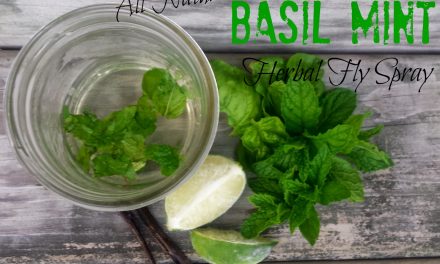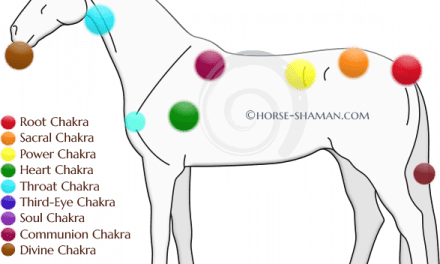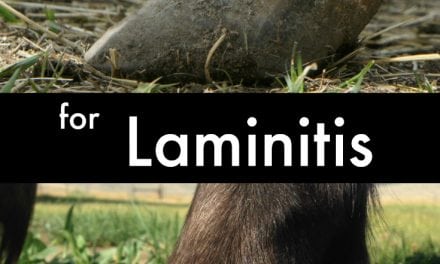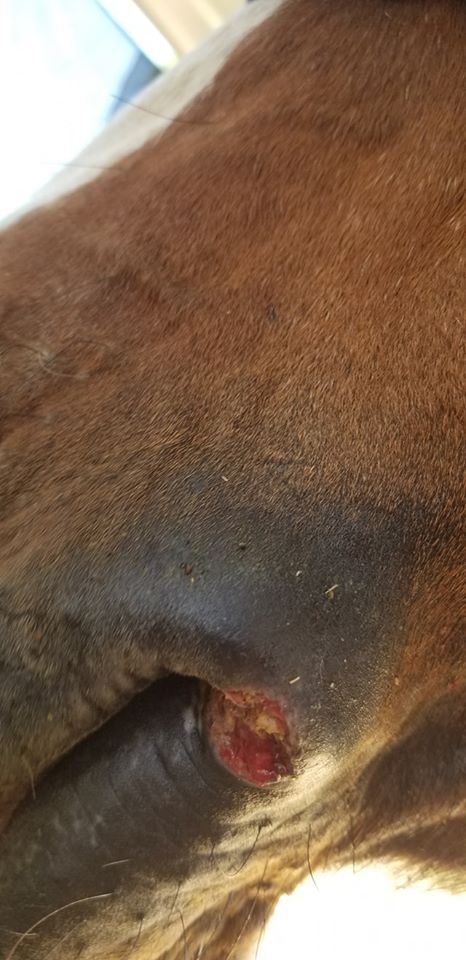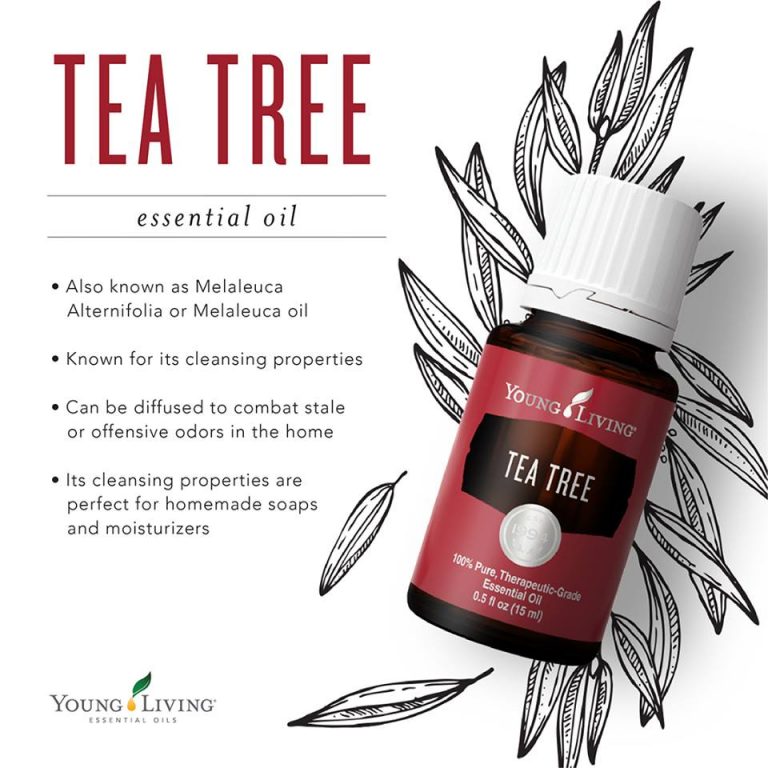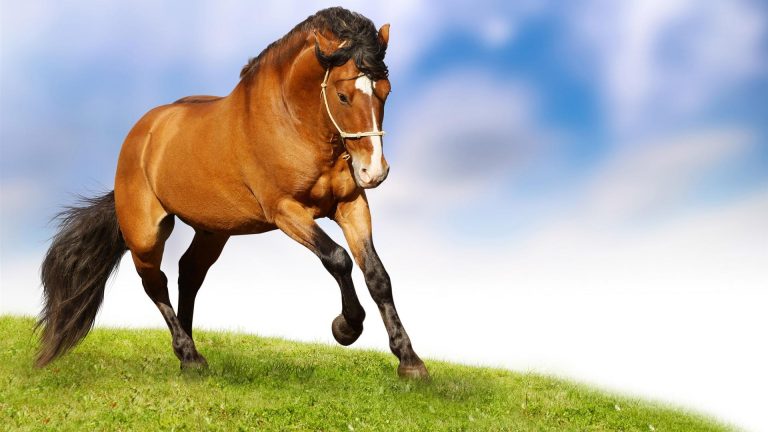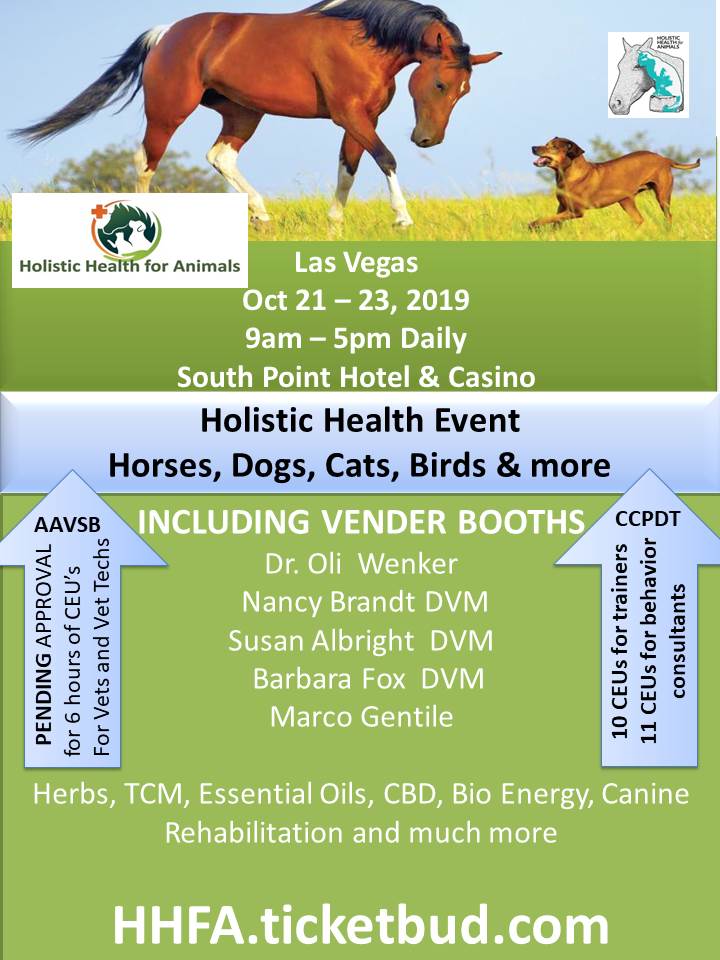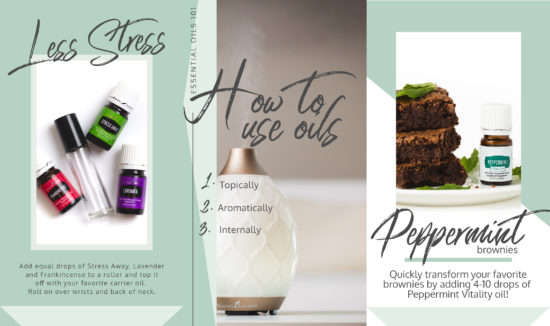September 2, 2019
https://oily.life/katscorneressentiallysimple
Supporting the Equine Nervous System
The horse embodies grace, power, balance and movement. Nothing is more potentially devastating than nervous system dysfunction involving brain, spinal cord or nerves. I’m often asked about ways to nutritionally support the nervous system.
Vitamin E is something most people equate with nervous system health, and with good reason. The neurons which make up the nerves, spinal cord and brain are very high in fat. Fat is highly vulnerable to damage from oxidative stress and vitamin E is the premier fat antioxidant. Vitamin E actually becomes directly incorporated into the fats of the nerve cell’s membrane.
Vitamin E deficiency alone causes reproducible malfunctioning of the nervous system. Because of the key role it plays, and the involvement of oxidative stress under many different scenarios, vitamin E supplementation is also recommended to support the nervous system when there is any sort of stress to these tissues.
As a fat-soluble vitamin, E also needs fat to be absorbed. Supplemental E is ideally fed dissolved in oil. There are altered forms available that are water soluble and easy to absorb, but they are very expensive.
Acetyl-L-carnitine [ALCar] is a nutrient naturally produced from L-carnitine in the cell’s mitochondria. Like vitamin E, it is in very high concentration in the nervous system.
ALCar in nerves is another antioxidant, but it does even more. ALCar helps maintain levels of nerve growth factor which facilitates maintenance and repair of nerves. ALCar is particularly important in helping to maintain the health of myelin, a material which forms a protective sheath around nerves and plays a role in the transmission of impulses along the nerves.
Antioxidants in general are excellent support nutrients for the nervous system due to its high fat content and high levels of energy generation with resultant oxidative stress. The nervous system is also very sensitive to oxidative stress from toxins. Among the useful antioxidants are:
-
- Herbals such as Devil’s Claw, Turmeric, Ginkgo biloba, Boswellia, Oregon Grape and Grape Seed Extract
-
- N-acetyl-cysteine
-
- Vitamin C and citrus bioflavonoids including quercetin
-
- Alpha lipoic acid
-
- Resveratrol
Last, but far from least, is to make sure your horse’s diet has a solid foundation by matching your amino acid/protein, essential fatty acid, vitamin and mineral supplements to the type of diet and its mineral profile.
Solid nutritional support can help your horse rise to meet challenges to his nervous system health.
Acetyl-L-Carnitine promotes efficient energy generation, normal muscular relaxation, and nerve cell production during aerobic activity. Important for generating energy from fats by acting as a carrier to transport them into the mitochondria where they can be burned as an energy source.
Liquid E is a concentrated liquid Vitamin E that protects the body from damaging free radicals that can weaken cells and tissues. In addition to powerful antioxidant properties, Vitamin E promotes healthy immune, cardiovascular, circulatory, neuromuscular, and reproductive functions.
As of right now I am on a quest to find high quality non syntetic and organic ingredients to create this blend as a top dressing for adding to a grain feeding. Will be posting my shopping list at a later time!
Kathryn Yateman

